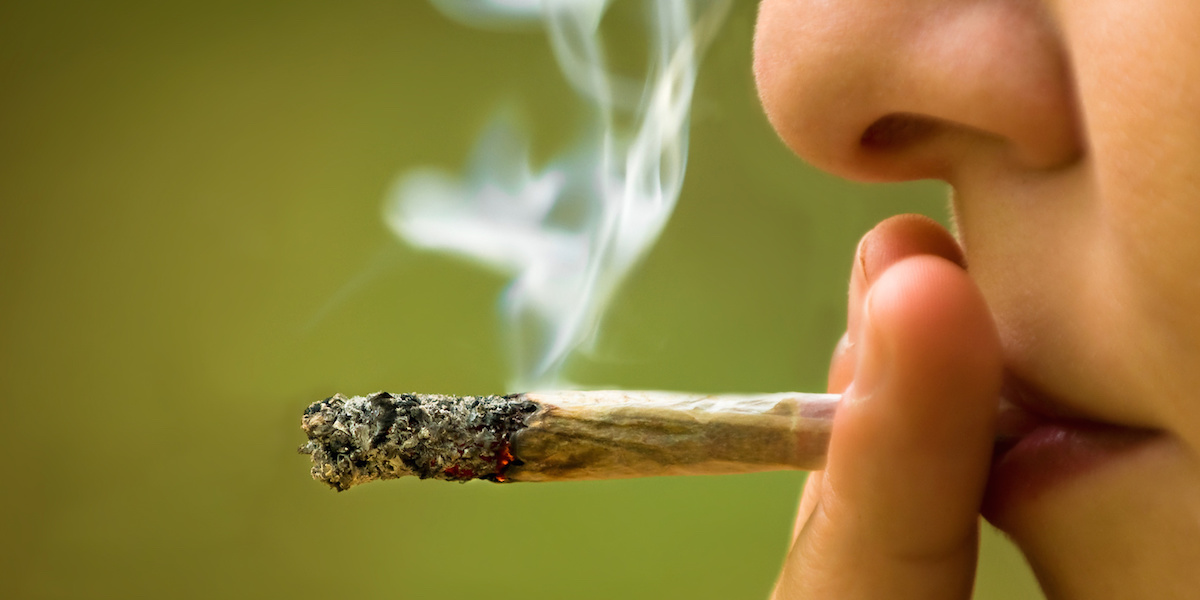
The following is excerpted from an online article posted by University at Buffalo.
A University at Buffalo research team, funded by UB’s Clinical and Research Institute on Addictions, has published a preclinical study demonstrating the powerful effect that binge drinking has on the brains of adolescent rats. It also found that even low and moderate amounts of alcohol can significantly impact brain function.
Binge drinking is the most common, costly, and deadly pattern of excessive alcohol use in the U.S., according to the U.S. Centers for Disease Control and Prevention.
Defined as consuming five or more drinks in a 2-hour period for men or four or more drinks for women, binge drinking is associated with numerous health problems in adults, including increased violence, accidental injuries and death, impaired memory, and increased risk for cancers, heart disease, and other chronic conditions.
How binge drinking affects adolescents, especially the adolescent brain, which is still developing, has not been well-understood.
The new research was published in the journal Metabolic Brain Disease.
Prior research has suggested that alcohol exposure during adolescence can lead to the development of various health risks, such as addiction, depression and brain trauma, in adulthood.
“To this end, we wanted to understand how adolescent binge drinking changes brain function and brain connectivity, the ability of different regions in the brain to interact,” said Panayotis K. Thanos, Ph.D., senior author and senior research scientist in the Department of Pharmacology and Toxicology in the Jacobs School of Medicine and Biomedical Sciences at UB.
“To do this, we examined glucose utilization,” he explained. “By mapping the utilization of glucose throughout the brain, we can get an idea of how binge drinking changes brain functioning and where in the brain these changes take place. We can then use these data to learn more about future alcohol-induced neurological or psychiatric dysfunction in adulthood.”
The researchers focused on glucose metabolism in the brain because it is the brain’s major source of energy.
The study found that all levels of alcohol consumption—low, moderate, and high—decreased blood glucose metabolism in the primary somatosensory cortex and visual cortex, which are key to processing sensory and visual information, as well as executing motor functions.
“Our (PET) brain-imaging data showed that adolescent binge drinking has vast functional implications in the brain,” said Thanos. “Alcohol binge consumption decreased brain function in areas responsible for sensory, motor, memory, and cognitive processes. This lines up with the known behavioral consequences of alcohol consumption: impaired vision, diminished motor skills and coordination, confusion, and others.”
Source: University at Buffalo
https://www.buffalo.edu/news/releases/2022/05/001.html

 Teen Loneliness Triggers ‘Reward Seeking’ Behavior
Teen Loneliness Triggers ‘Reward Seeking’ Behavior  The Hidden Mental Health Danger in Today’s High-THC Cannabis
The Hidden Mental Health Danger in Today’s High-THC Cannabis  Teen Suicide, Binge Drinking Decline, New National Data Show
Teen Suicide, Binge Drinking Decline, New National Data Show